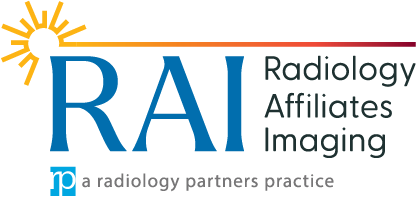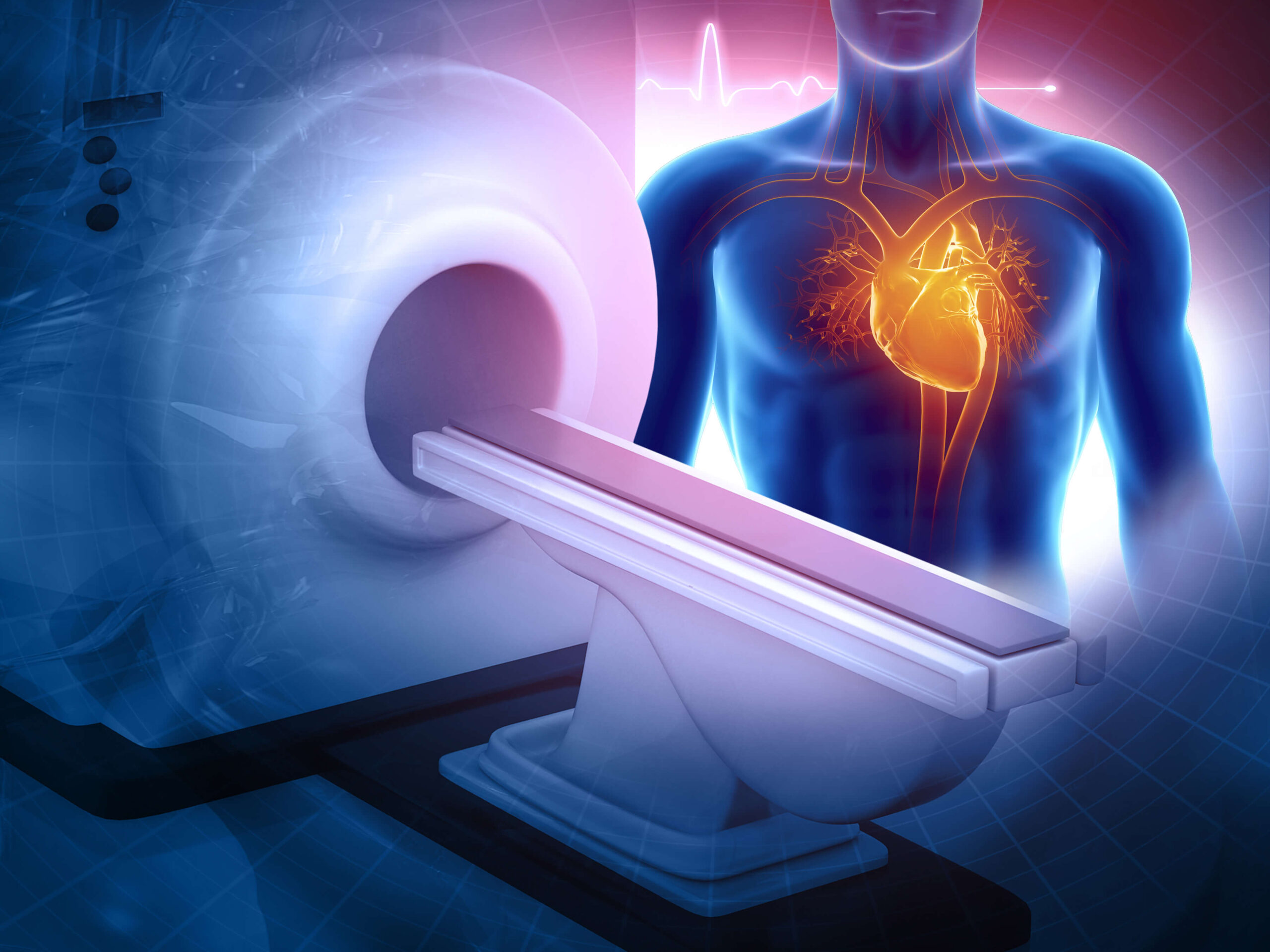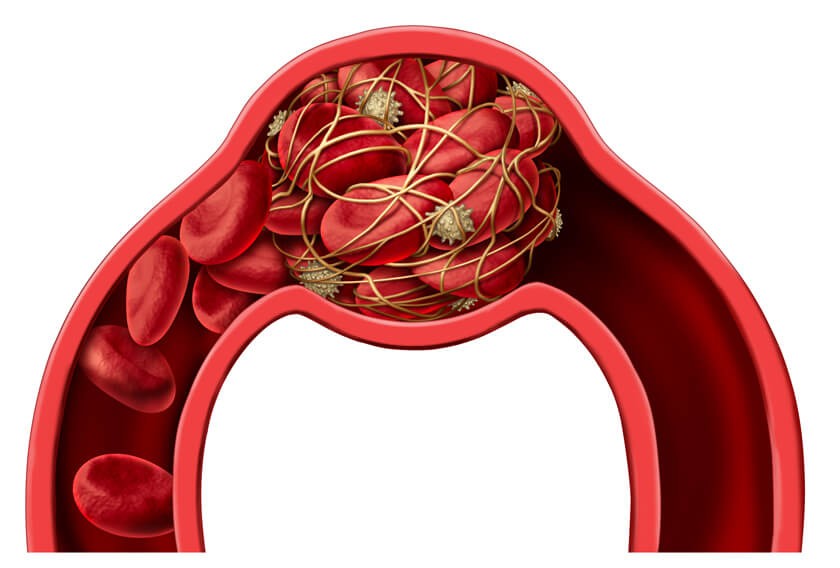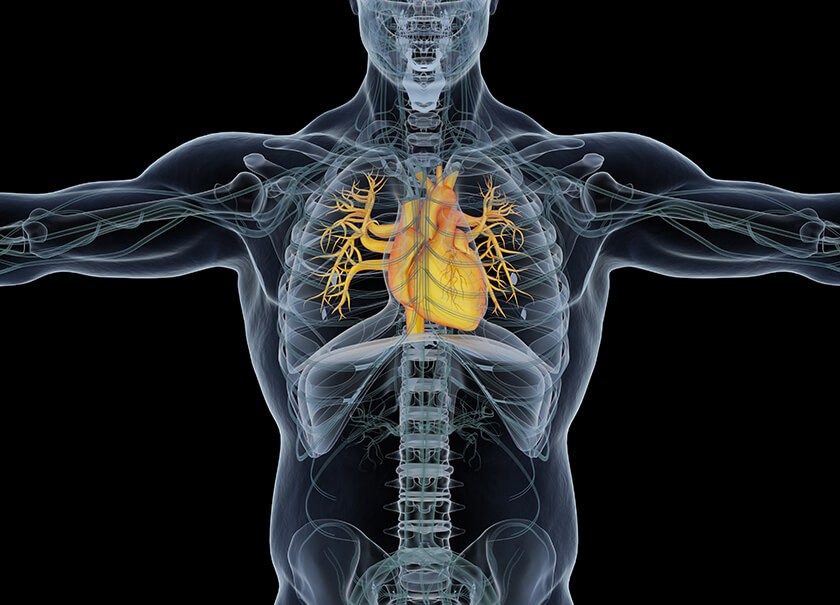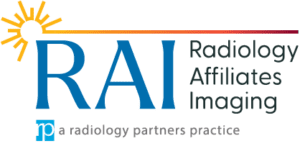Going in for an Imaging Test? Here’s How to Get the Most Accurate Results Possible
Imaging tests can provide your doctor with valuable information about your condition. Your physician may order an imaging test to diagnose an illness or determine the severity of an injury, for example. Imaging tests can also help your doctor determine if a treatment is working. Getting accurate results from an imaging test is important, of […]
MRI as Good as Cardiac Catheterization for Diagnosing Coronary Heart Disease
When it comes to deciding which treatment is best for patients with chest pain and coronary heart disease (CHD), doctors will typically base the decision on how constricted the arteries serving the heart are. Doctors usually asses this by performing cardiac catheterization, which is an invasive procedure. The results of a new study show that […]
Patient’s Guide to Looking at an X-ray
Almost everyone who has ever had an x-ray, or who has seen a show where a doctor slaps the x-ray film into the lighted box, has wondered how to read the image. Reading an x-ray may be easier than you think. X-rays use electromagnetic rays, which are a type of radiation. An x-ray machine emits […]
What is Contrast Material and How Does it Work?
If you have ever undergone medical imaging, such as an MRI or CT scan, chances are good that you received contrast. MRIs (magnetic resonance imaging) and CT (computed tomography) are types of medical equipment that creates image of internal organs and structures. Contrast material enhances and improves the quality of these images. Contrast material can […]
Diagnosing Dangerous Blood Clots with PET/CT Imaging
The results of a new study suggests that PET/CT imaging may do a better job of helping doctors diagnose dangerous blood clots than several other methods used today. Blood clots are normally a good thing – the formation of blood clots stop excessively bleeding. Sometimes, though, blood clots can pose a health hazard and can […]
American Society of Breast Surgeons (ASBrS) Issues New Mammography Recommendations: Reversing the Trend Towards Later Mammograms
Women at average risk for breast cancer should begin annual mammograms at the age of 40, according to new guidelines issued by the largest organization of breast surgeons in the United States, the American Society of Breast Surgeons (ASBrS). These new recommendations are different from those offered by other medical organizations. The American Cancer Society […]
Everything You Need to Know about Varicose Veins
You probably already know that varicose veins are those twisted and enlarged veins that can appear on the lower legs. You might have already noticed that varicose veins are extremely common too – more than one-third of people in the United States have them, according to the Society for Vascular Surgery. If you are like […]
3D Mammography Provides Special Benefits for Older Women
Mammography is an effective breast cancer screening method for women ages 65 and older, but the results of a new study show that older women benefit significantly with the addition of a three-dimensional (3D) technique, known as tomosynthesis. The American Cancer Society says that doctors will diagnose more than 268,00 new cases of invasive breast […]
Cardiac MRI Accurately Identifies Fatal Heart Disease
Heart disease is the leading cause of death for men and women in the United States, according to the Centers for Disease Control and Prevention (CDC), claiming approximately 610,000 lives each year. Doctors use a variety of tests, such as stress echocardiograms, catheterizations and stress nuclear exams, to detect heart disease, assess its severity and […]
March is Colorectal Cancer Awareness Month
Colorectal cancer is the second leading cause of death from cancers that affect both males and females in the United States, according to the Centers for Disease Control and Prevention (CDC). It is also the fourth most commonly diagnosed type of cancer in the nation. Colorectal screening can accurately detect colorectal cancer long before the […]
